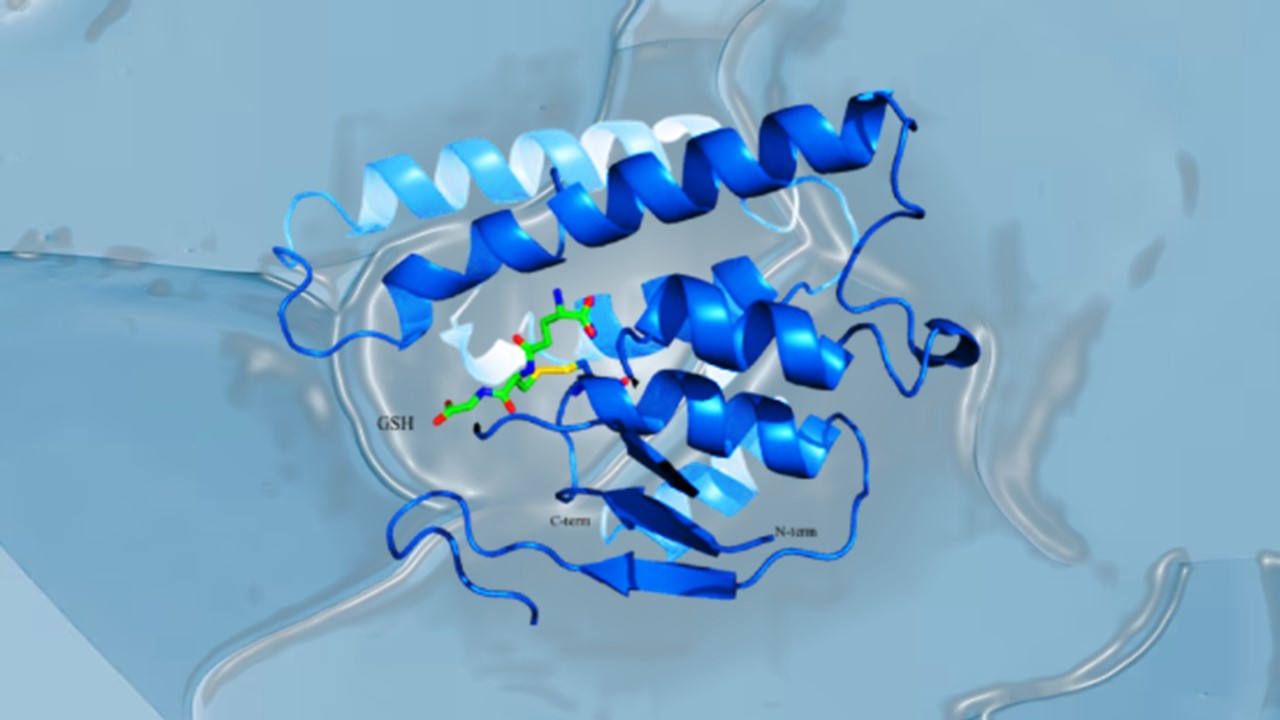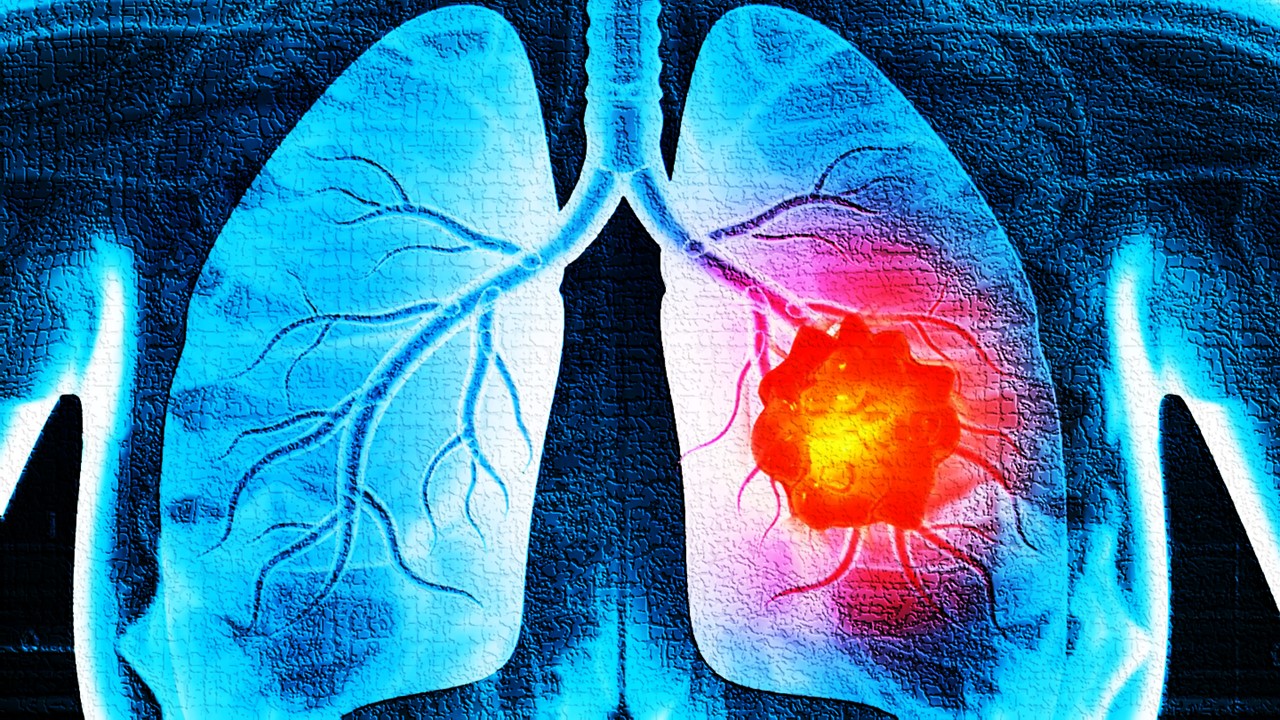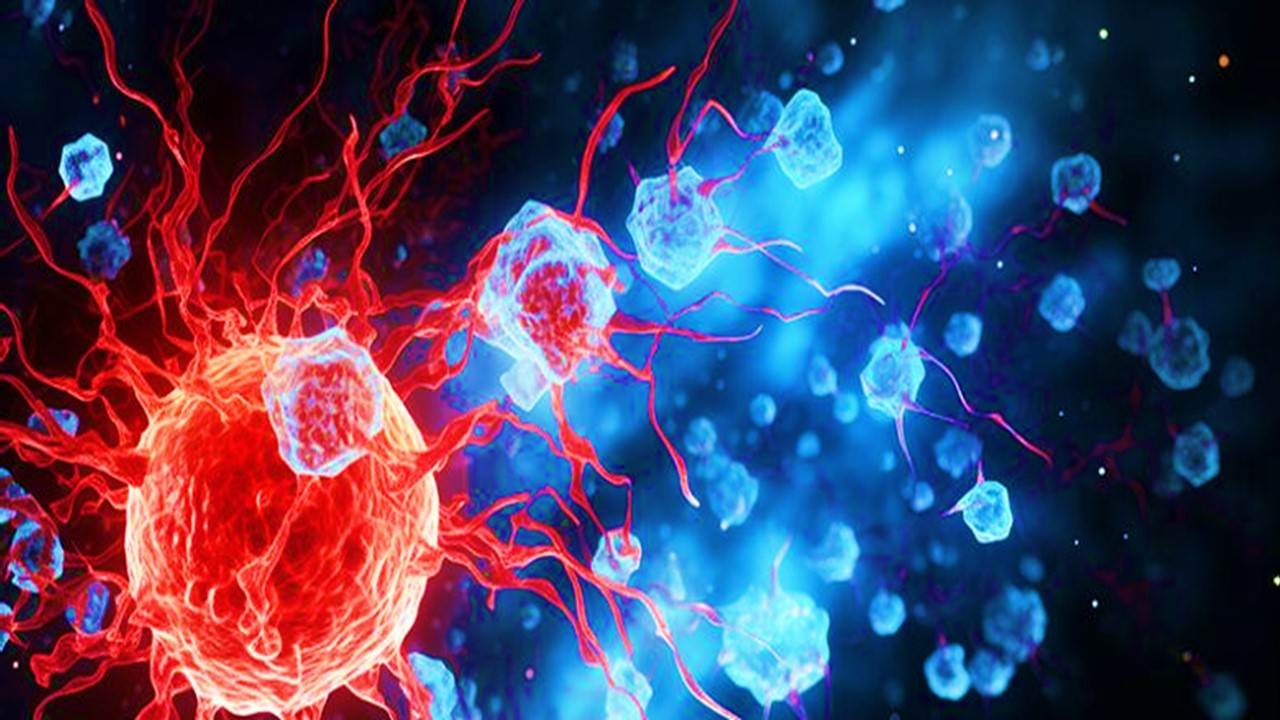Researchers at Edith Cowan University (ECU) have discovered the significant benefits of exercise for those with advanced cancer. The ECU’s Exercise Medicine Research Institute has conducted previous research that found that exercise can alter the chemical environment of the body of men with advanced prostate cancer over the course of six months, which can inhibit the growth of cancer cells.
Myokines and Their Effects on Tumor Growth and Cancer Cells
Scientists have discovered that the body produces “myokines,” which are muscle-produced proteins that can inhibit tumor growth and actively combat diseased cells by inducing anti-cancer activities in the body. These myokines can be elevated by a single session of high-intensity exercise, resulting in greater cancer suppression. However, this exercise-induced medicine is only effective in people with advanced, incurable cancer who have already undergone significant treatment over a long period of time.
Research Study on Exercise and Myokines
To test this theory, blood serum was collected before and after 34 minutes of high-intensity exercise on a stationary bike from nine patients with late-stage prostate cancer, and then again 30 minutes later. The serum collected immediately after this “dosage” of exercise contained enhanced amounts of anti-cancer myokines, resulting in a 17% reduction in the development of prostate cancer cells in vitro.
Turning Point in Exercise Oncology
Professor Rob Newton, an EMRI researcher and the study’s principal investigator, described this finding as a turning point in exercise oncology. The study’s results demonstrate that men with advanced prostate cancer can produce an immediate rise in anti-cancer chemicals called myokines in response to a single bout of intense exercise.
Impact on Cancer Patients and Ideal Exercise
This finding is significant as cancer patients who exercise experience a slower rate of disease progression and have longer survival times. Although the ideal amount of exercise is yet unknown, it is recommended that cancer patients engage in exercise most days, if not daily, to maintain a chemical environment that is suppressive of cancer cell proliferation. Resistance training that lasts at least 20 minutes each day is essential to build muscle, expand the internal pharmacy’s capacity, and promote the creation of myokines. The authors of the study believe that the findings of this research may influence the advice given to cancer patients right now.
Conclusion and Future Research
The study, titled “Acute effect of high-intensity interval aerobic exercise on blood myokine levels and resultant tumor-suppressive effect in trained patients with advanced prostate cancer,” was published in Prostate Cancer and Prostatic Diseases. It provides strong evidence supporting the recommendation that people with prostate cancer, and probably anyone with any type of cancer, should engage in exercise most days, if not daily, to maintain a chemical environment within their body that is suppressive of cancer cell proliferation. Exercise oncology is a turning point in cancer treatment, and more research needs to be conducted to uncover the benefits of exercise for people with cancer.
Subscribe
to get our
LATEST NEWS
Related Posts

Immunology & Oncology
The Silent Guardian: How GAS1 Shapes the Landscape of Metastatic Melanoma
GAS1’s discovery represents a beacon of hope in the fight against metastatic disease.

Immunology & Oncology
Resistance Mechanisms Unveiled: The Role of Glutathione S-Transferase in Cancer Therapy Failures
Understanding this dual role of GSTs as both protectors and accomplices to malignancies is central to tackling drug resistance.
Read More Articles
Myosin’s Molecular Toggle: How Dimerization of the Globular Tail Domain Controls the Motor Function of Myo5a
Myo5a exists in either an inhibited, triangulated rest or an extended, motile activation, each conformation dictated by the interplay between the GTD and its surroundings.
Designing Better Sugar Stoppers: Engineering Selective α-Glucosidase Inhibitors via Fragment-Based Dynamic Chemistry
One of the most pressing challenges in anti-diabetic therapy is reducing the unpleasant and often debilitating gastrointestinal side effects that accompany α-amylase inhibition.













